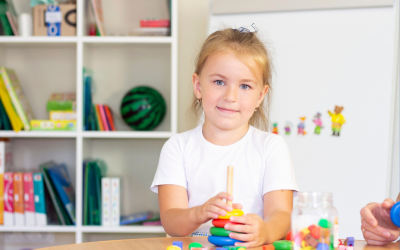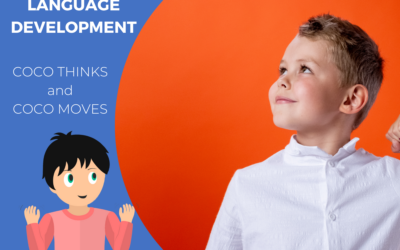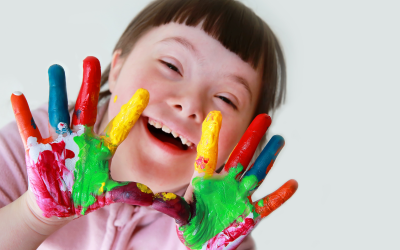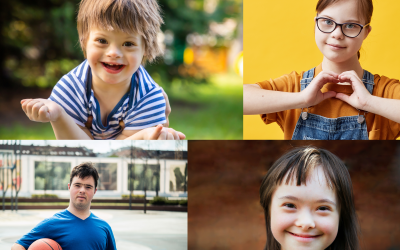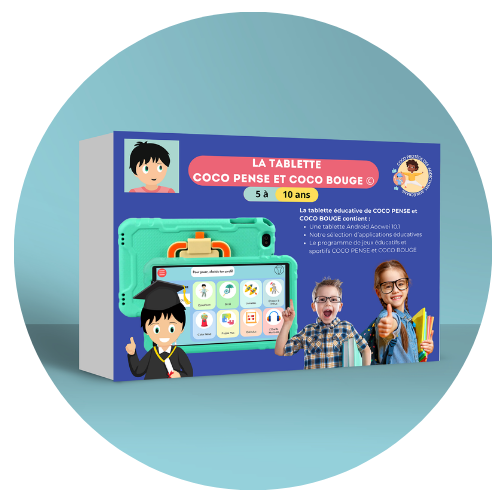Autism is a developmental disorder that affects the way a person perceives and interacts with the world around them. For many people with autism, one of the most striking features is heightened sensory sensitivity, particularly to sound stimuli. Sudden loud noises that don’t usually disturb others can be extremely disturbing for a person with autism, leading to anxiety and difficulty concentrating. Here, we’ll explore in detail how autism affects sound perception, the noise challenges faced by people with autism, and how noise-canceling headphones can significantly improve their quality of life.
How can autism affect sound perception?
Autism is a complex neurological disorder that manifests itself in different ways from one person to the next. However, a common feature is sensory sensitivity, including heightened sensitivity to sound. People with autism can perceive noises in an amplified way, which means that sounds seemingly minor to others can be overwhelming to them. For example, a simple slam of a door can seem deafening, provoking a stressful or withdrawn reaction.
The noise challenges people with autism face
Noise sensitivity is one of the main difficulties faced by people with autism. Noisy environments, such as shopping malls, classrooms or workspaces, can quickly become overwhelming, leading to anxiety, fatigue and concentration problems. People with autism may have difficulty filtering sounds and concentrating on important tasks because of this hypersensitivity.
The benefits of hearing protection for autism
How can noise-cancelling headphones reduce anxiety and improve concentration?
Earmuffs specially designed for autistic people can do wonders to mitigate the effects of sound sensitivity. By enveloping the ears and providing acoustic isolation, these headphones reduce the amount of sound stimuli reaching the brain, which can significantly reduce anxiety and improve concentration. People with autism can better adapt to noisy environments without being overwhelmed by ambient noise.
As a family with an autistic child, we’ve experienced the many challenges that heightened sound sensitivity can bring. Our son, Alex, has always had a hypersensitivity to noise, which made public outings, social events and even educational activities extremely stressful for him. Sudden, loud noises seemed to trigger anxiety and withdrawal.
However, our lives took a positive turn when we discovered the benefits of noise-cancelling headphones for people with autism. After extensive research and recommendations from a health professional, we invested in a pair of earmuffs specially designed for Alex. The results were incredible.
The headphones helped Alex to better manage his sensitivity to noise. When he wears it, he feels safer and less exposed to disturbing noises. This considerably reduced his anxiety, enabling him to participate more actively in social and educational activities. He can now attend family events, go to the park, and even participate in therapy sessions without being overwhelmed by ambient noise.
What’s more, the helmet has had a positive impact on our family life. We can now spend time together in a less stressful environment, which has strengthened our bond. We have also seen significant improvements in Alex’s behavior and concentration, opening up new opportunities for his development.
All in all, the earmuffs have been a real blessing for Alex and our family. It has enabled us to better manage noise sensitivity, reduce anxiety and participate fully in daily life. We urge other families affected by autism to consider this option, as it can make a significant difference to the quality of life of their autistic loved one.
Selecting the ideal earmuffs
Tips for choosing the right earmuffs
When it comes to choosing noise-cancelling headphones for a person with autism, it’s essential to consider their specific needs. Some headsets offer additional features, such as active noise reduction, for even greater personalization. It’s also important to choose a helmet that’s comfortable, adjustable and durable, as it will be worn regularly.
Here are some important features to consider:
- Active Noise Reduction: Headphones with active noise reduction technology can effectively attenuate ambient sounds, which is particularly useful in noisy environments.
- Comfort: Helmets must be comfortable to wear, especially for long periods. Soft pads and an adjustable headband are important features.
- Size and weight: Helmets must be the right size to fit the user’s head. Lightweight models are often preferable.
- Durability: Helmets must be strong and durable to withstand regular use.
- Ease of use: Simple, intuitive and accessible controls are essential, especially for autistic children.
- Hearing protection: Some headphones are designed to protect the ears of people with autism from loud sounds, as well as reducing ambient noise.
- Discreet design: For some individuals, a discreet design or customization options may be important.
- Compatibility: Check that the headset is compatible with devices the user may be using, such as music players, smartphones or tablets.
- Ease of cleaning: Helmets that are easy to clean can be practical for everyday use.
- Battery life: If the headset is wireless, make sure the battery has sufficient life for the user’s needs.
- Safety certifications: Look for helmets that meet safety and quality standards.
It is essential to consult a healthcare professional, audiologist or autism specialist for specific recommendations based on the individual needs of the autistic person. They will be able to guide you towards the most suitable products.
Some helmets for you
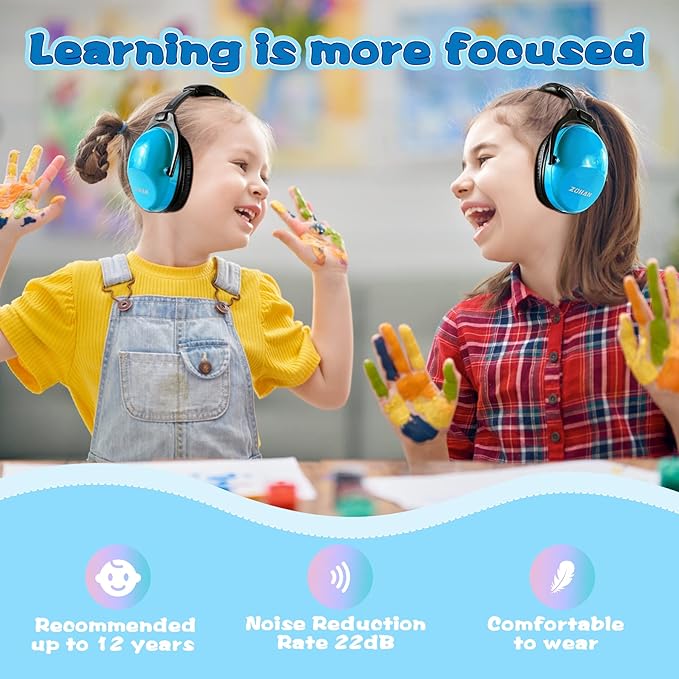
Zohan helmet
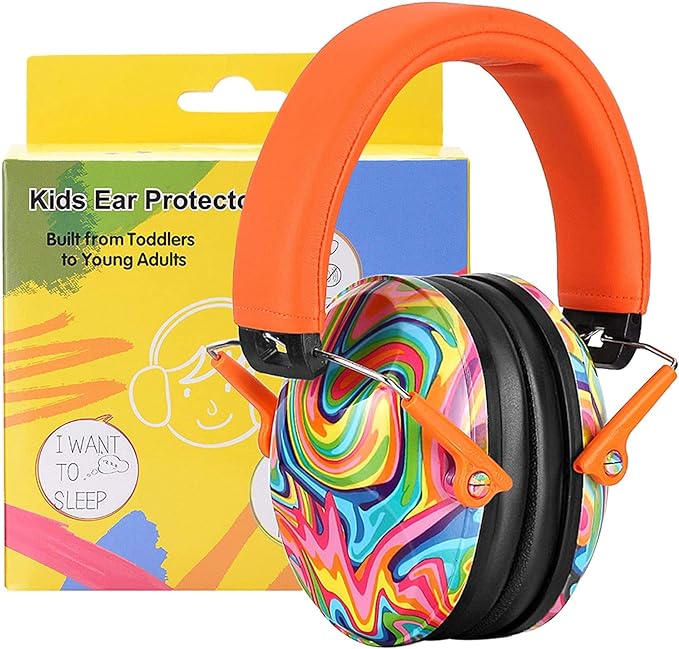
Prohear helmet
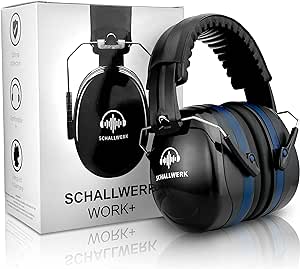
Schallwerk helmet
Improving the quality of life with adapted games
The lives of people with autism are often marked by unique challenges, including managing sensitivity to noise, anxiety and difficulty concentrating. However, there are creative solutions that can help improve quality of life. Adaptive play is one of these means, offering learning, relaxation and development opportunities for children and adults with autism. Among these games, COCO THINKS and COCO MOVES, CLINT and SCARLETT stand out for their ability to meet the specific needs of different groups.
COCO THINKS and COCO MOVES: stimulating concentration and social interaction in autistic children
COCO THINKS and COCO MOVES is a educational and physical program with games specially designed for children with autism. These games offer an interactive and engaging environment that encourages concentration, problem-solving and social development.
COCO THINKS focuses on mental stimulation, while COCO MOVES encourages motor skills and physical interaction.
These games are designed to be accessible and adapted to the specific needs of children with autism, offering a playful and educational experience.
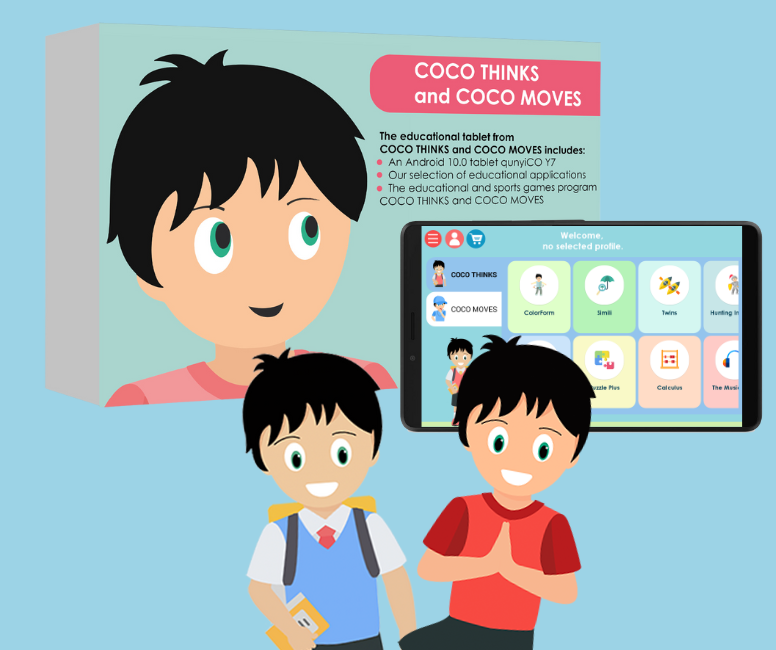
CLINT: a brain coach for autistic adults
The well-being of adults with autism is just as important as that of children. CLINT is a game specifically designed for this audience.
It offers cognitive challenges and relaxing activities to help reduce anxiety and stimulate concentration. CLINT offers a safe space for autistic adults, promoting relaxation and personal development.
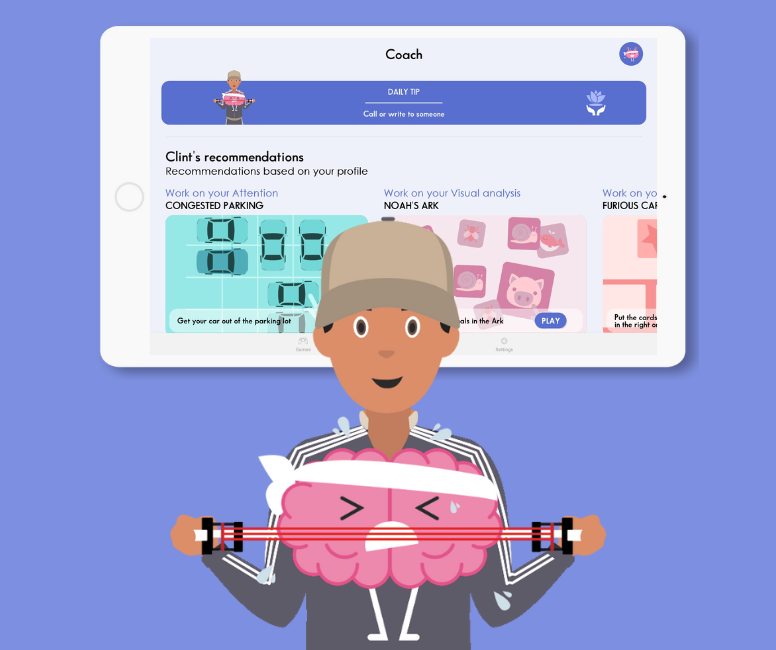
SCARLETT:
a memory coach for non-verbal people
It’s essential to recognize that each individual has their own needs and abilities, including those that are non-verbal.
SCARLETT is an adapted program that focuses on communication and interaction for non-verbal people. It offers alternative means of expression and connection with the world around them.
SCARLETT is aimed at a specific audience and offers tools to improve the quality of life of people with autism who face communication challenges.
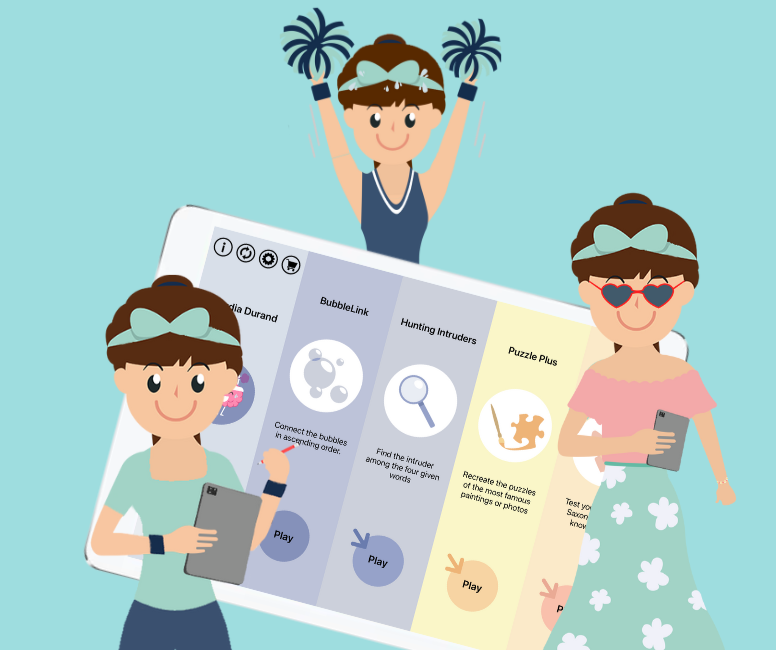
These adapted games demonstrate how playful solutions can bring significant improvements to the lives of people with autism. They help reduce anxiety, enhance concentration and promote social and cognitive development, while offering fun and educational experiences specifically tailored to the needs of each group.
By exploring these games and integrating them into daily routines, individuals with autism can find valuable support in thriving in a world that can be difficult to navigate.
Other articles that might interest you:
Supporting children with autism
Dynseo proposesSUPPORTING CHILDREN WITH AUTISM with COCO THINKS AND COCO MOVESDynseo and its team are very much...
Supporting DYS children with COCO THINKS and COCO MOVES
Dynseo proposesDYS disorders with COCO THINKS and COCO MOVESOur educational and pedagogical games program COCO THINKS...
Language development
Children communicate from birth with movements, crying, looking at each other or with smiles. After only a few months,...
Supporting children with Down Syndrome with Coco
Dynseo proposesDOWN SYNDROME with COCODown syndrome is a non-hereditary chromosomal abnormality that leads to the...
Supporting people after a stroke
Dynseo proposesStroke with CLINT, your brain training coachThe Dynseo team is very involved in helping people who have...
Supporting someone with Alzheimer’s
In this guide, we will detail how SCARLETT can be used for supporting someone with Alzheimer's. SCARLETT is a...
10 myths about the human brain you didn’t know
The brain is an incredible muscle, however there are many things we do not know, and what we do know is not always...
Using Digital Tools to Support Students with Special Educational Needs
Special Educational Needs (SEN) encompass a wide range of learning difficulties and disabilities that can hinder a...
Down Syndrome and Communication: Facilitating Interaction with Visual and Interactive Supports
When we think about Down syndrome, we often recognize it as a genetic condition that affects physical and cognitive...
How to Track Progress in People with Down Syndrome Using Digital Tools
Down syndrome, a genetic condition caused by the presence of an extra chromosome 21, affects approximately 1 in every...



